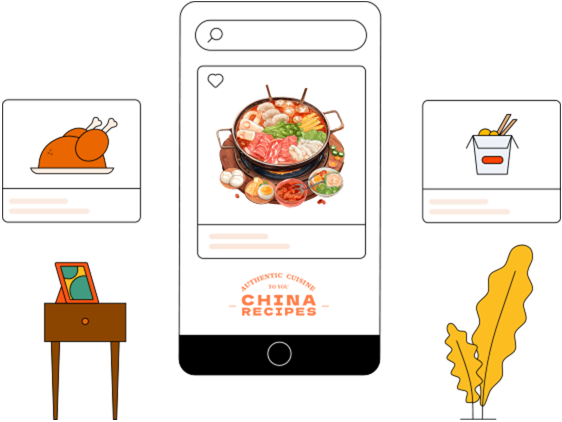Explore cooking essentials: What is the best oil to cook eggs with?
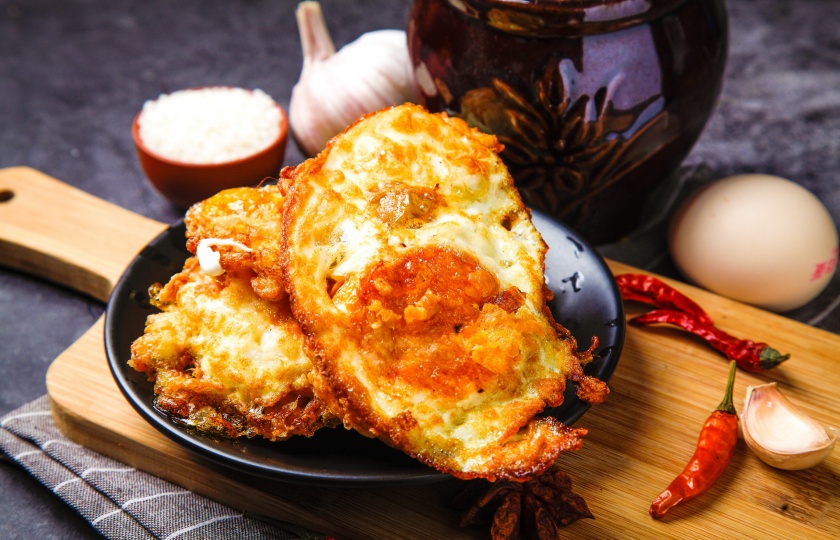
Do you know? Eggs boiled with different oils have different tastes. Do you know what oil is the best for boiling eggs? Choosing oil for boiling eggs is really a knowledge! Today, let's talk about "What oil is best for boiling eggs?"
Is it okay to cook eggs in olive oil?
Olive oil is really a treasure. Its monounsaturated fatty acids are very good for the heart. Boiling eggs with it can give eggs a special aroma and a better taste, with a fresh fruity fragrance.Olive oil is excellent in the pan. It is not easy to deteriorate. The smoke point is appropriate. When frying things at high temperatures, there is no need to worry about the oil being oxidized or producing smoke. This is beneficial for kitchen cleanliness and food taste.
Everyone's tastes and habits are different. The amount of olive oil and cooking methods can be adjusted according to personal preferences. But remember that although olive oil is good, don't overconsume it. Excessive consumption of any good thing is not good.
What is the best oil to cook eggs with?
Boiled eggs: No oil is needed. Just put the eggs in clear water and boil them. If you are worried that the eggs will break during boiling, you can add a teaspoon of white vinegar to the water, which will help maintain the integrity of the eggs.
Olive oil: Olive oil is a healthy choice. It is rich in monounsaturated fatty acids and has a high smoke point. It is suitable for frying eggs. It can make the egg surface smooth and have a faint aroma.
Peanut oil: It has a strong fragrance. Fried eggs will have a mellow peanut fragrance. Although the smoke point is not low, when frying eggs, you still need to pay attention to controlling the heat to avoid scorching the eggs and producing excessive fumes due to excessive oil temperature.
Corn oil: It is affordable, pure and without off-flavors. It has good stability and is suitable for people who don't mind a lighter oil flavor. Using corn oil to fry eggs can make the eggs heat evenly and fry eggs with beautiful colors.
Butter: If you like eggs with a strong milky aroma, you can choose butter. But butter has a low smoke point and needs to be fried slowly over low heat to prevent scorching and producing a burnt and bitter taste.
Is it healthier to cook eggs with butter or olive oil?
Whenever we talk about whether olive oil or butter is healthier for cooking eggs, I always recommend olive oil.
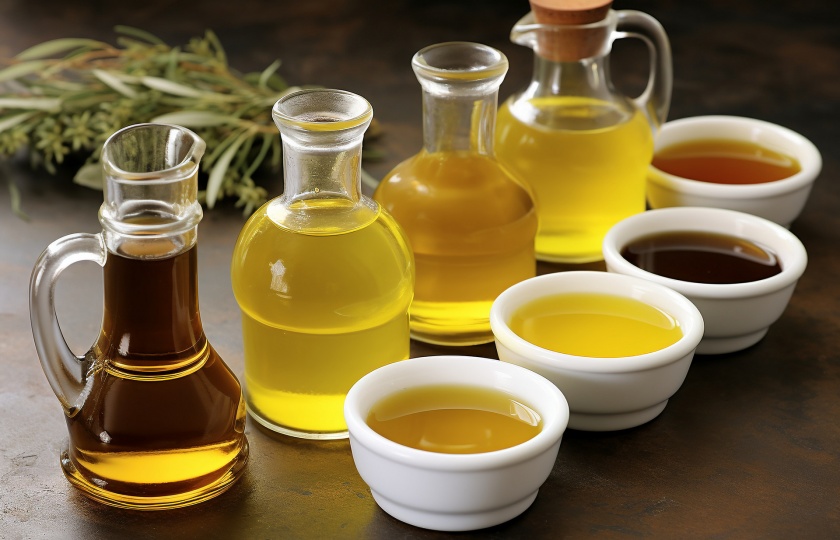
Because olive oil contains a lot of unsaturated fatty acids and antioxidants, these substances help protect heart health. Cooking eggs with olive oil can not only provide energy for the human body, but also help the eggs maintain a soft and moist texture.
Secondly, the smoke point of olive oil is relatively high, which is suitable for high-temperature cooking and can reduce harmful substances produced during cooking. It can be used as part of a healthy diet.
Although butter has a strong milky flavor, it contains a lot of saturated fat. Excessive consumption will threaten human health. In life, you can use butter in moderation to add diversity to your diet, but it is not suitable for long-term use.
How do chefs fry eggs?
Chefs will choose a suitable pan to ensure that the bottom of the pan is flat and heated evenly. Before turning on the fire, pour some oil into the pot. Either olive oil or butter is fine. Melt the butter over low heat and heat the olive oil slightly.
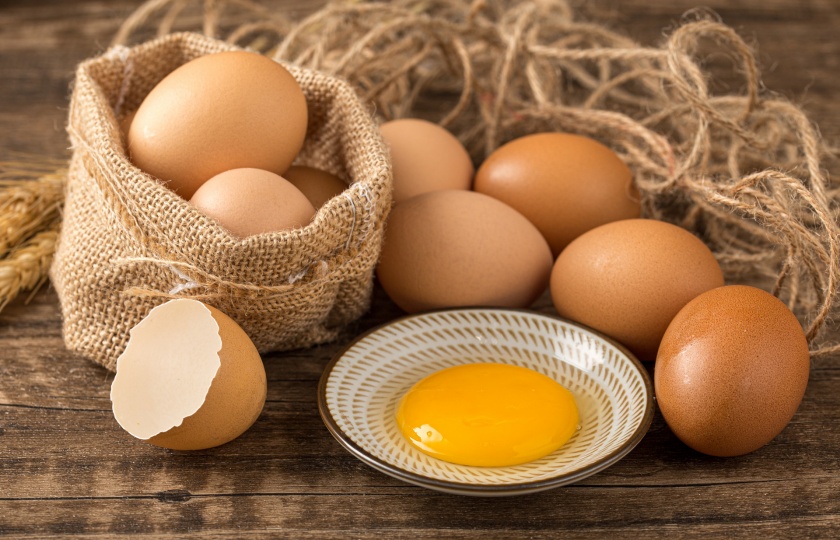
Then crack the eggs into the pan. If you want to fry eggs, do it gently to keep the yolk intact. If you want to scramble eggs, you can beat the eggs first and then put them in the pan.
Use low heat to fry eggs. The egg whites slowly solidify and the yolks are not burnt. If the egg whites solidify slowly, you can drip water on the egg whites and cover the pot. Use steam to make the egg whites cook quickly. In this way, the fried eggs have a smooth surface, runny yolks and a great taste.
If you are scrambling eggs, quickly stir and break up the egg liquid with a spatula after it is put into the pan. At this time, the fire can be a little higher, but don't let it burn. When the egg liquid solidifies, turn to low heat and continue to stir-fry until it is completely cooked. The scrambled eggs are fluffy.
When frying eggs are almost done, season with salt and pepper according to personal taste.
What tool is best for fried eggs?
For pans, I prefer those with flat bottoms so that the eggs are heated evenly when frying. Cast iron pans are quite suitable. They have good heat storage and stable temperature. When frying eggs, the middle and edges can be cooked evenly. Moreover, it is adaptable and can be used on both gas stoves and induction cookers.
For beginners, a non-stick pan is a good choice. The coating makes it easy for eggs to be released and there is no need to worry about sticking. However, be careful when using it. Don't scrape it with hard kitchen utensils as the coating is easy to damage.
Speaking of tools, both silicone spatulas and wooden spatulas are good. Silicone spatulas are soft and won't damage the pan when turning eggs. They can also fit the shape of eggs. Wooden spatulas feel good and are gentle on the pan.
When frying eggs, here's a tip: When the egg whites are not completely solidified, spray some water and cover the pot. The steam can make the egg whites solidify quickly and the fried eggs are especially tender.
Finally, don't forget to sprinkle some salt and pepper according to your taste. Simple seasoning makes it taste better.
Do you need oil to cook eggs on a non-stick pan?
Non-stick pans are designed to make food less likely to stick and make cooking easier. In theory, eggs can be fried without oil on a non-stick pan, but in actual operation, I still recommend adding some oil.
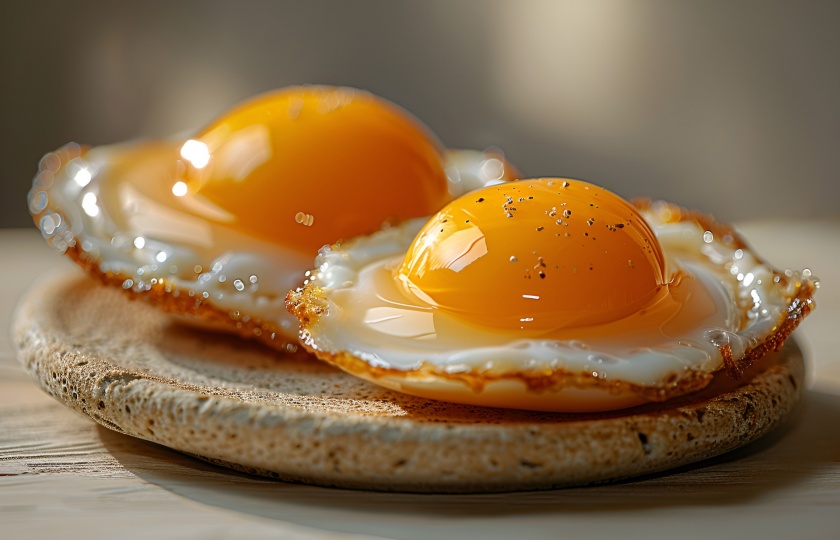
First of all, oil can make eggs taste more abundant. Oil helps transfer heat evenly, making fried eggs delicate and smooth, and can also increase the fragrance and make eggs more attractive.
Secondly, oil can protect the non-stick pan coating. Although the coating is non-stick, dry burning or cooking without oil may damage the coating. Adding some oil reduces direct contact between food and the bottom of the pan and can prolong the service life of the pan.
Furthermore, moderate intake of oil is beneficial to the body and can also help absorb nutrients in food. Here it refers to moderate and healthy edible oil, not a large amount or high-calorie oil.
As for how much oil to put, there is no fixed standard. Generally, a teaspoon is enough. Specific amounts also depend on the size of the eggs, the size of the pan and personal taste.
When using a non-stick pan, controlling the heat is very important. Too high a heat can easily scorch or stick. When frying eggs, fry slowly over medium-low heat until golden brown.





